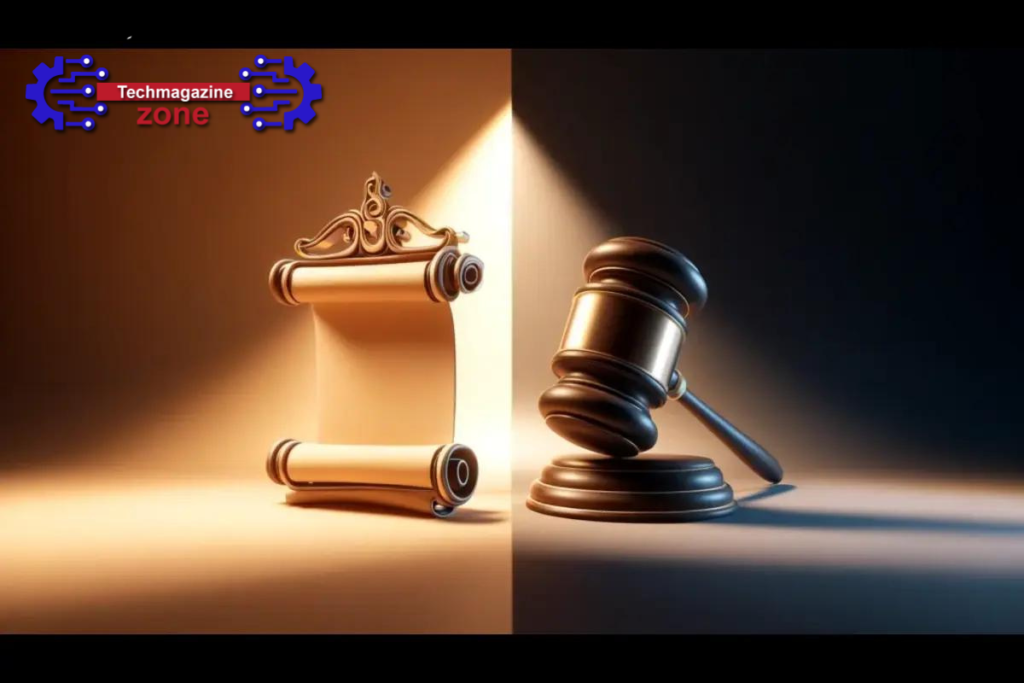Introduction it is not wisdom but authority that makes a law. t – tymoff
The phrase “it is not wisdom but authority that makes a law. t – tymoff succinctly encapsulates the complex interplay between wisdom and authority in the creation and enforcement of laws. In this article, we will delve into the meaning and implications of this statement, exploring how authority often supersedes wisdom in legislative processes, the consequences of such dynamics, and the balance necessary for just and effective laws.
The Nature of Law: Authority vs. Wisdom
Defining Authority in Lawmaking
Authority in lawmaking refers to the power or right given to individuals or institutions to create, enforce, and interpret laws. This authority is typically vested in governmental bodies, such as parliaments, congresses, and courts, which derive their power from constitutions, statutes, and historical precedent.
Defining Wisdom in Lawmaking
Wisdom, on the other hand, involves the ability to make sound judgments and decisions based on knowledge, experience, and a deep understanding of human behavior and societal needs. In the context of lawmaking, wisdom implies creating laws that are fair, just, and beneficial for the long-term well-being of society.
The Supremacy of Authority in Lawmaking
Historical Perspectives
Historically, the creation of laws has often been driven more by authority than by wisdom. Monarchies, empires, and authoritarian regimes have demonstrated how laws can be imposed by sheer power, often without regard to fairness or justice. The phrase “It is not wisdom but authority that makes a law” aptly describes these scenarios where authority holds the ultimate power.
Modern Examples
In contemporary society, the influence of authority over wisdom in lawmaking can still be observed. Politicians and lawmakers, driven by political agendas, party loyalties, and personal interests, may enact laws that reflect their authority rather than wisdom. Lobbyists and interest groups further complicate this dynamic, often swaying laws in favor of specific entities rather than the common good.
The Consequences of Authority-Driven Laws
Injustice and Inequality
When laws are made primarily through authority without the infusion of wisdom, they can lead to injustice and inequality. Such laws may favor certain groups over others, create social and economic disparities, and perpetuate discrimination and prejudice. The lack of wisdom in these laws means they fail to address the underlying issues and needs of society.
Lack of Public Trust
Authority-driven laws can erode public trust in the legal system. When people perceive that laws are made without fairness or consideration for the common good, they may become disillusioned and lose faith in the institutions meant to protect their rights and freedoms. This erosion of trust can lead to social unrest and instability.
Balancing Authority and Wisdom in Lawmaking
The Role of Democratic Processes
Democratic processes can help balance authority and wisdom in lawmaking. By involving a diverse range of voices and perspectives in the legislative process, democracies can ensure that laws are not just a reflection of authority but also of collective wisdom. Public consultations, debates, and transparency are key components of this process.
The Importance of Judicial Review
Judicial review acts as a crucial check on the power of authority in lawmaking. Courts can assess the constitutionality and fairness of laws, ensuring that they align with principles of justice and wisdom. Judicial independence is vital in maintaining this balance and protecting the rights of individuals against potential abuses of authority.
The Role of Civil Society
Advocacy and Activism
Civil society plays a significant role in promoting the infusion of wisdom into lawmaking. Advocacy groups, non-governmental organizations (NGOs), and activists work to raise awareness about unjust laws and advocate for legal reforms. Their efforts can help ensure that laws are not solely the product of authority but also reflect the collective wisdom of the community.
Public Participation
Encouraging public participation in the legislative process is another way to balance authority and wisdom. Mechanisms such as public hearings, referendums, and citizen initiatives allow individuals to have a say in the laws that govern them. This participatory approach helps to align laws with the needs and values of the society they serve.
Case Studies
Civil Rights Movement
The civil rights movement in the United States serves as a powerful example of how wisdom, driven by moral and ethical considerations, can challenge and eventually reshape authority-driven laws. The movement led to significant legal changes that addressed systemic injustices and promoted equality.
Environmental Legislation
Environmental laws and regulations are often influenced by scientific wisdom and understanding of ecological impacts. However, authority-driven decisions can sometimes undermine these efforts, leading to inadequate protection of natural resources. Balancing authority with environmental wisdom is crucial for sustainable development.

Conclusion
The phrase “it is not wisdom but authority that makes a law. t – tymoff highlights a fundamental tension in the creation of laws. While authority is necessary for the establishment and enforcement of legal frameworks, wisdom is essential for ensuring that these laws are just, fair, and beneficial for society. Balancing authority with wisdom requires democratic processes, judicial oversight, civil society engagement, and public participation. By striving for this balance, societies can create laws that not only reflect the power of authority but also embody the deeper understanding and insights of collective wisdom.
